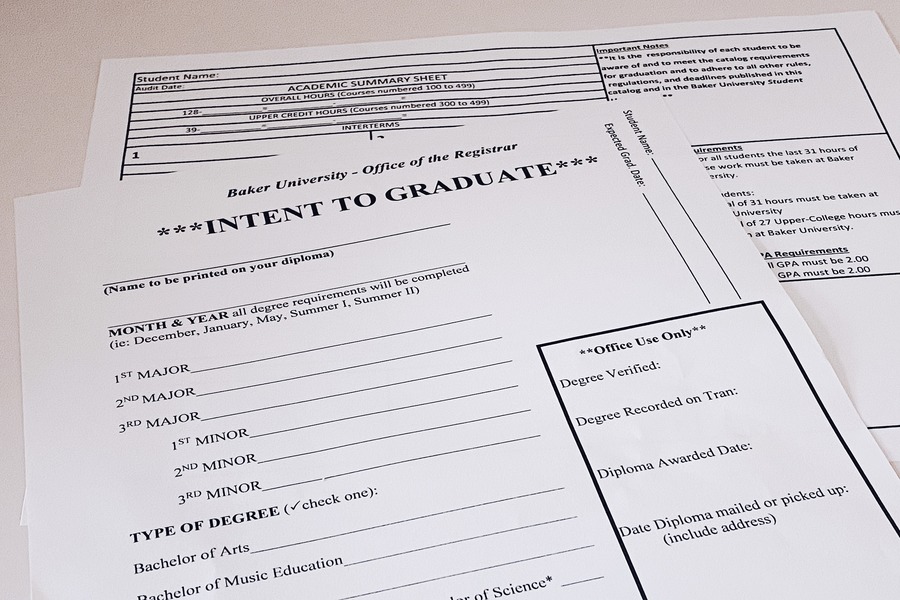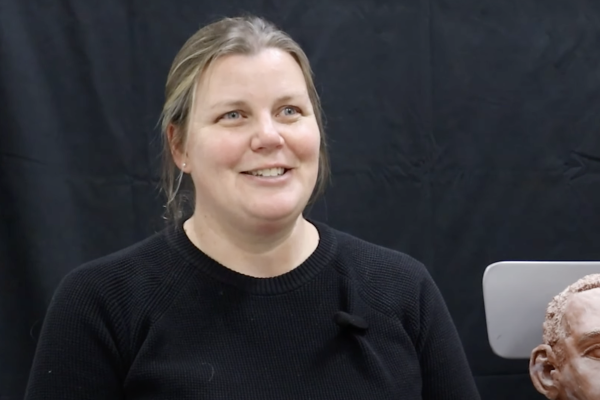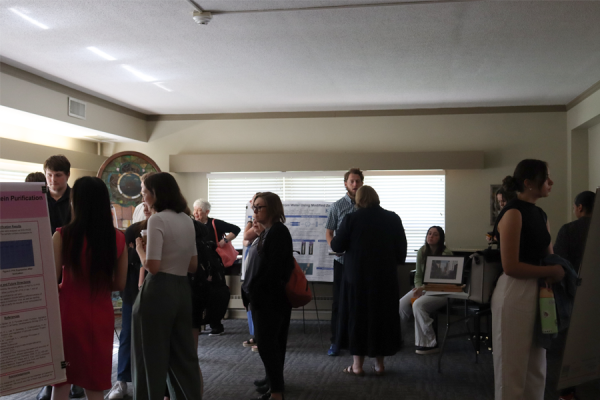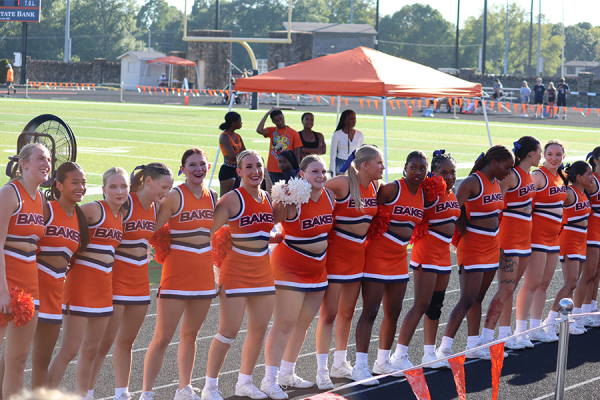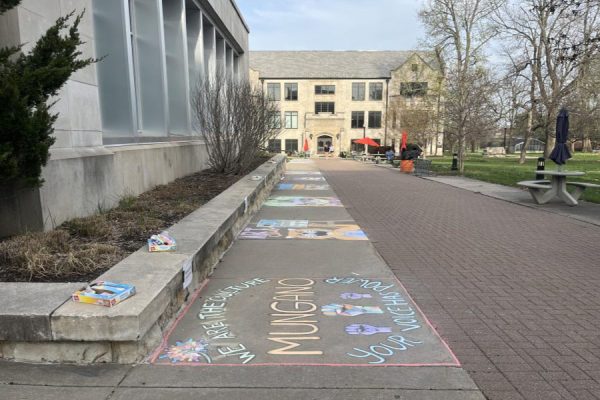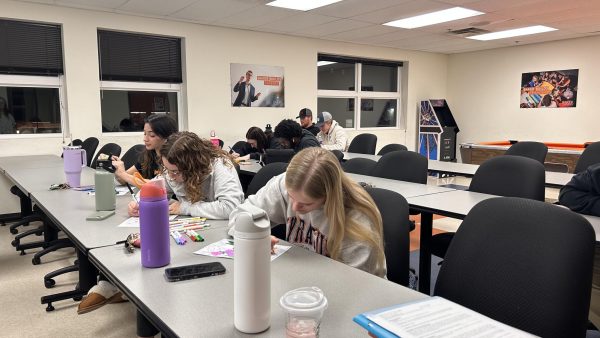Degree Audit process requires extra attention
Many forms of paperwork are required to prepare students for the Degree Audit process.
For any student, the degree audit process can seem like a daunting task. Figuring out what you need to graduate on time and earn your degree can be a complicated and involved process.
Every student at Baker University has to complete at least one degree audit with the Registrar’s Office to ensure that they are on track to graduate. Some students have had issues with their degree audits, making it important for future students to understand what they need to know in order to have a seamless process.
Baker University Junior Madison Hermann completed a semester abroad and had issues with transferring credit hours over. Hermann was under the impression a class taken during her semester abroad would transfer as a Quest 212 credit, but that has not been the case.
“I have been in communication with my advisor and Tamara Slankard [assistant dean of the college of arts and sciences] on trying to resolve that. Worst case scenario I have to take Quest 212 this summer, because it is the last semester that Baker is offering it,” Hermann said.
Senior Ajhanae Franklin had questions about her degree audit when she learned she needed 26 more credit hours to graduate, which was more than what she was expecting.
“I went to Samantha Cheek [Student Affairs] because I was stressed out about having to stay for another year,” Franklin said. “She was confused because I was here for four years without any breaks so I should not have that many credit hours left.”
Cheek then asked Dean of Students Cassy Bailey and Dean of the College of Arts and Sciences Darcy Russell to assist in solving Franklin’s problem.
Russell, with the assistance of the Registrar’s Office, found a class that was overlooked and that the actual number of credits needed to graduate was much lower than the original estimate.
Though Franklin was able to resolve the issue, she did say students should be prepared before going to their first degree audit.
“I would say to make sure you look at your transcript and make sure that you have an understanding of the amount of credit hours you need because then you can gauge if the number is correct or not,” Franklin said. “Also to make sure that the math is done correctly before you leave the office.”
Junior Katherine Lamp is double majoring in Mathematics and Secondary Education. Because of these two majors, there is a lot of paperwork involved in her degree audit process to make sure she has taken all of the necessary classes.
“There are different requirements for the math major and the classes required to be a math teacher,” Lamp said.
Lamp emphasized knowing the importance of understanding the exact requirements a degree needs and making sure to bring this knowledge to a degree audit.
Lamp, like Hermann, also experienced issues in transferring study abroad credit over. Lamp attended a semester at Harlaxton and was confused when a course she took wasn’t transferring as credit she needed to graduate.
During her second degree audit, Lamp learned she could petition the school to get the credit taken at Harlaxton to transfer over as U4 credit, also known as the general education history course students must take.
“I am on track to graduate on time still but if I hadn’t been aware of what classes I need for my licensure and asked why my British history course didn’t count in the fall, I probably would have either had multiple semesters over 18 hours or would have gone a semester over for one math class and a history course,” Lamp said.
It is recommended that students get multiple degree audits with one taking place junior year and the second happening senior year to make sure they are on track to graduate and have taken all necessary courses, both for general education and their degrees.

Jamie Pellikaan is a senior majoring in History and Religious Studies with minors in Mass Media, Primary Texts and Creative Writing. She is the current...


